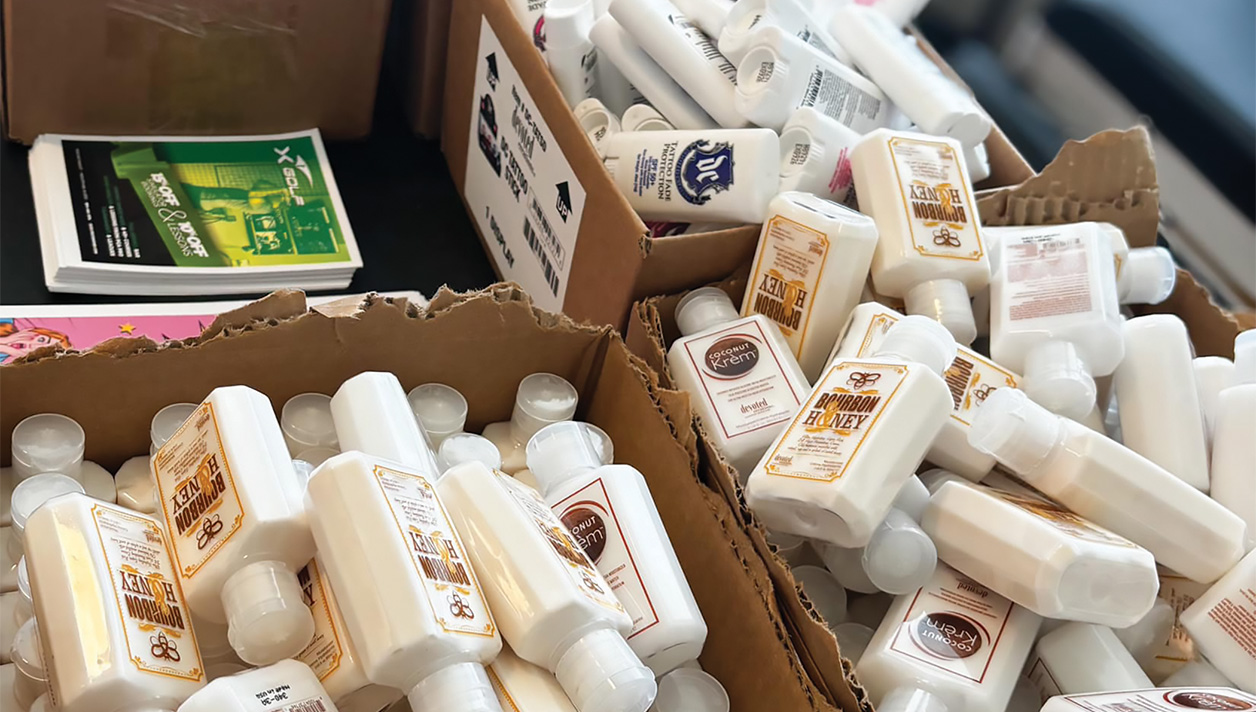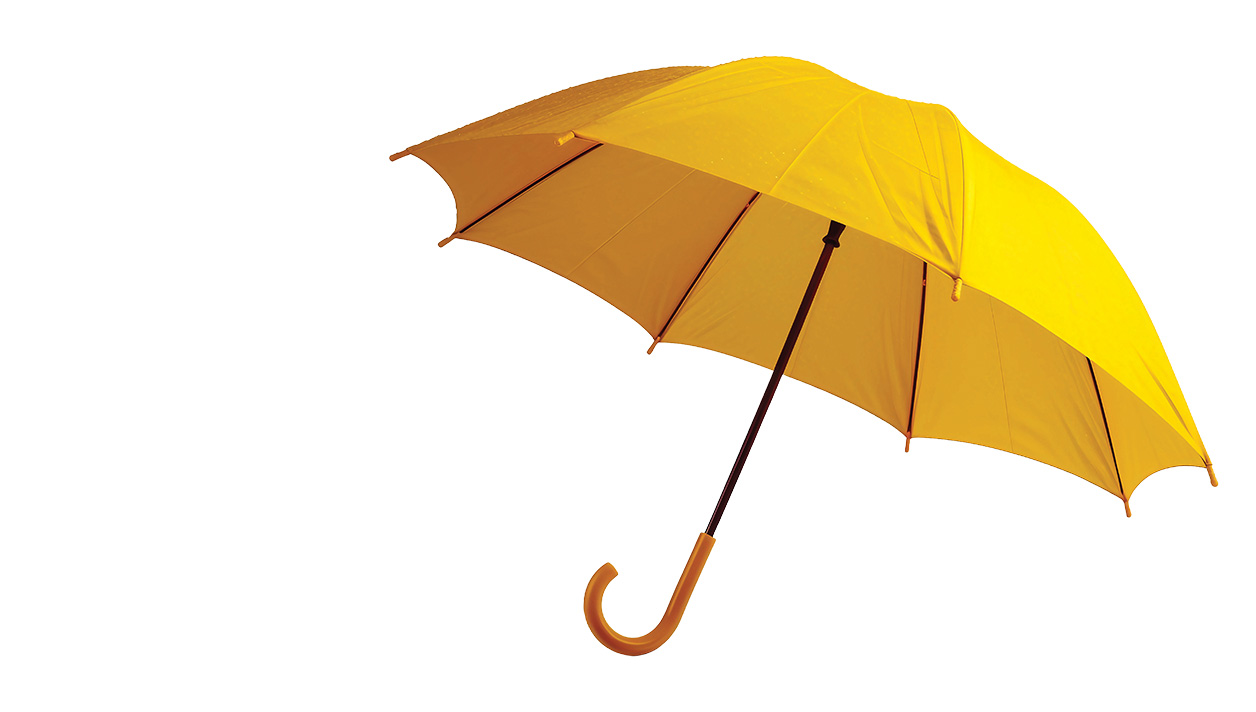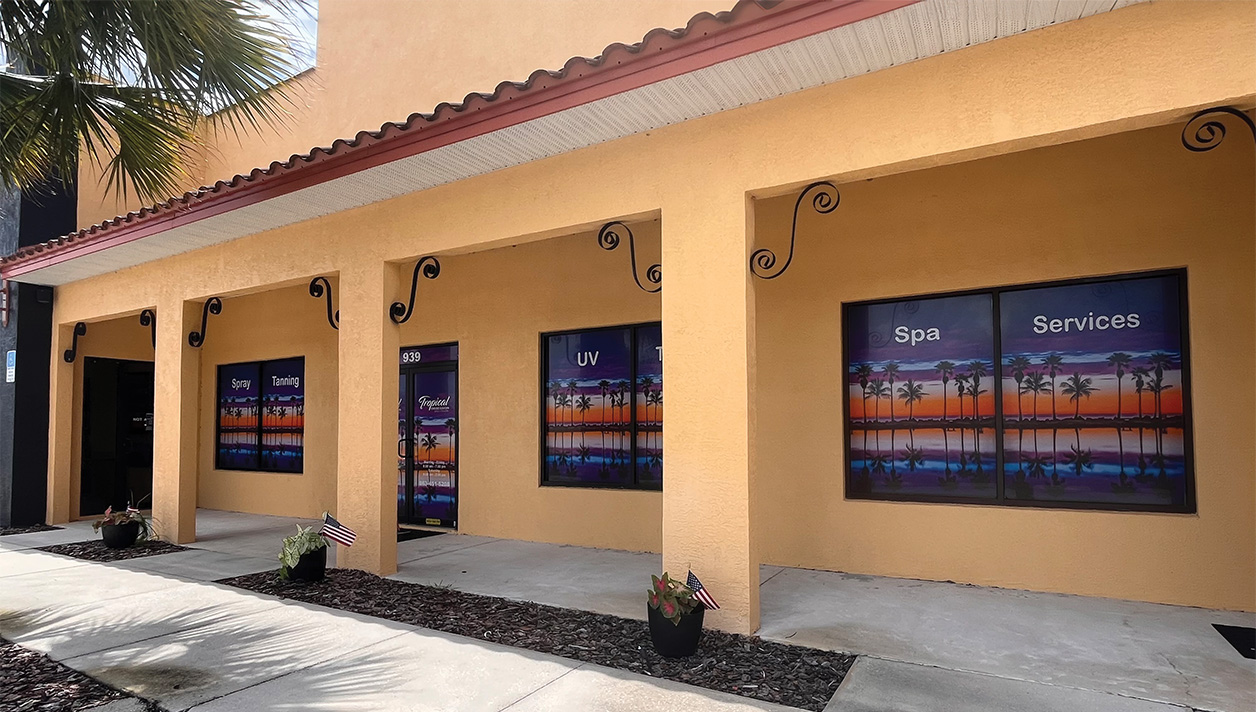I believe the difference between an average salon and a super-salon is its staff. No matter what the industry or job type, staffing problems tend to be similar – no motivation, teamwork or sales skills – the list could go on. But, a super-salon management team identifies staff weaknesses and corrects them before they become a larger problem.
[gap height=”15″]
One way to ensure that you and your staff are on the same page is by having monthly staff meetings. I talked to David Givens, Owner of Island Tanz in Crosby, TX about how he keeps his staff motivated during his staff meetings, keeps them fun and engaging, as well as promoting staff growth and monthly reflection.
[gap height=”15″]
First and foremost: consistency. Givens holds two-hour meetings on the first Wednesday night of every month. He has found that a meeting on Friday or the weekend can be viewed as punishment and a consistent meeting date eliminates scheduling conflicts. Salon traffic tends to be slower mid-week, so they don’t need to close early or stay late. He also pays his staff for attending – I strongly agree with this policy. By paying them, you are demanding their full attention, without the use of cell phones, and you can make the meeting mandatory. He usually serves a cookie-cake or pizza to celebrate any staff birthdays or upcoming work anniversaries that month.
[gap height=”15″]
The first goal of the meeting is a game to relax the team and make them feel more at ease. Givens has created “Who Wants to Be a Millionaire” and “Jeopardy” games, using questions that pertain to his salon, equipment or products sold at Island Tanz. The typical prize is a mani/pedi gift certificate or restaurant gift card. You can download a PowerPoint to go with these games and just interchange the questions with ones that apply to your business. The team gets excited before the meeting, because they don’t know what the game or prize is going to be, and it gives them something to look forward to.
[gap height=”15″]
[gap height=”15″]
The more we appreciate and reward staff performance and loyalty, the less they serve as team members and the more they transform into your best brand ambassadors.
[gap height=”15″]
At Givens’ meetings, the first hour is filled with training refreshers and whichever game he has prepared. The second hour covers upcoming salon promotions, as well as discussion of areas in which each team member could use improvement.
[gap height=”15″]
In this second hour, Givens does something with his staff called “The Good, The Bad & The Ugly” – a concept I really like. Prior to the meeting, he prepares information regarding performance, work ethics, cleanliness and punctuality. He goes around the room and tells each team member something they are great at (“The Good”), something that could use improvement (“The Bad”) and something that needs immediate correction (“The Ugly”).
[gap height=”15″]
When I asked if his staff gets embarrassed about hearing about their shortcomings in front of their peers, he explained that his staff all agreed that they should work as a team, and if they were all aware of what improvements each team member was trying to make, it would help them stay on track. Concluding the meeting, Givens asks each staff member for input on sales ideas or promotions for the following month. By allowing staff to help create the promotions, he has found that they tend to sell more of the sale items, because they feel more involved in the planning process.
[gap height=”15″]
No matter how, when or what you do to keep your staff on the same page, consistency is key. Constant re-education, positive reinforcement and constructive criticism makes for a strong, well-rounded team. Remember: brains, just like hearts, go where they’re appreciated. The more we appreciate our staff and reward their performance and loyalty, the less they serve as employees and the more they transform into your best brand ambassadors.
[gap height=”15″]
[gap height=”15″]




























